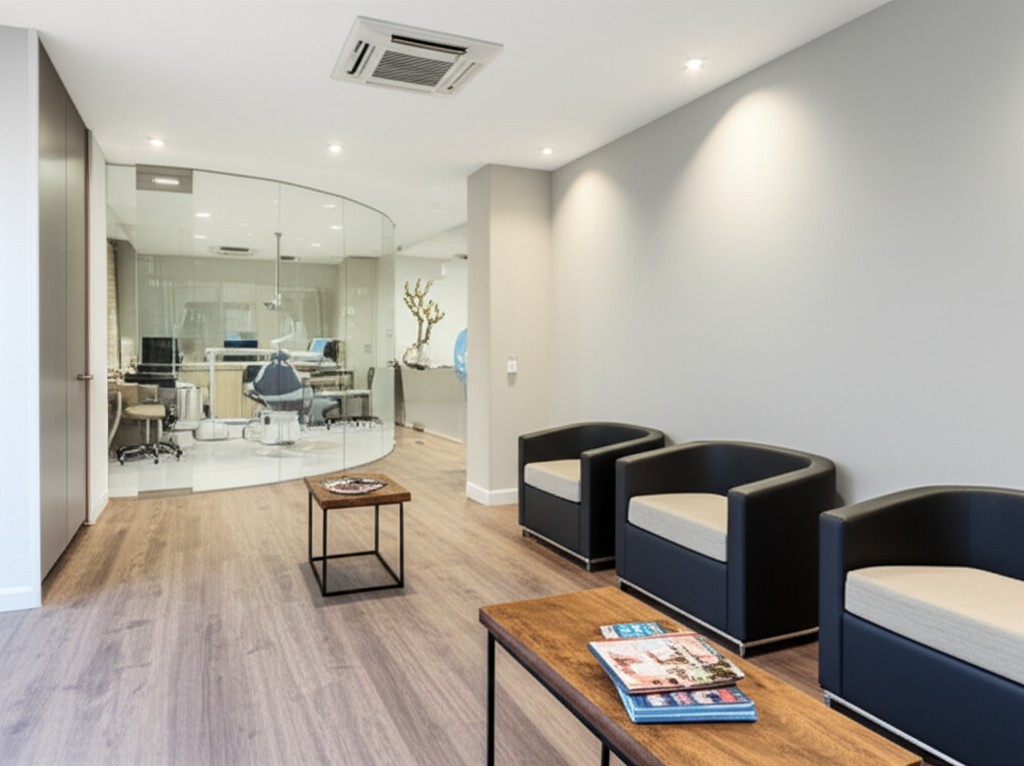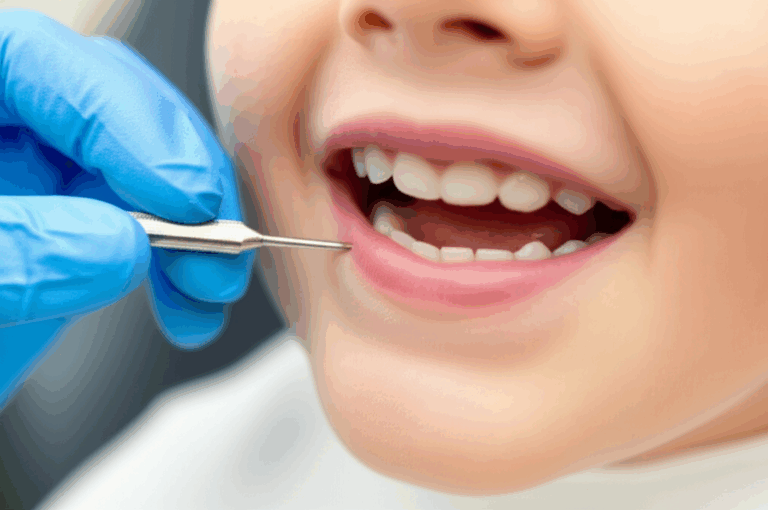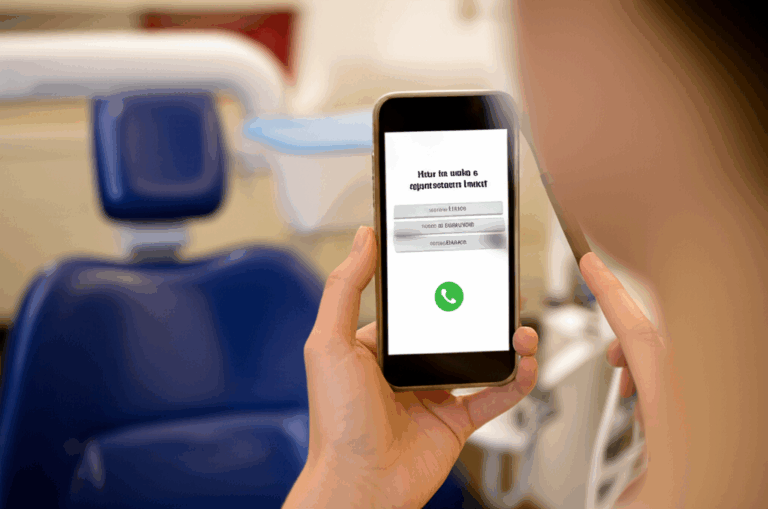
Are Dentists Cheaper in Spain Than the UK? My Honest Guide to Dental Tourism
Table of Contents
- A Side-by-Side Look at Common Procedures
- Why Are Clinics So Much Cheaper in Spain?
- Training, Qualifications, and EU Standards
- Inside Modern Spanish Dental Clinics
- Flights, Stays, and Lost Time
- Insurance, Aftercare, and Language Barriers
- My Step-by-Step Approach
- Red Flags and Questions to Ask
Introduction: Why I Sought Dental Treatment Abroad
A while back, I got a dental quote from my UK dentist that made my stomach drop. The price was honestly scary. Just one implant cost more than a fancy week at a Spanish hotel—and I wouldn’t even get a suntan for my money. That’s when I had to know: Are dentists really cheaper in Spain than the UK, or is that just a dream?
I’ll tell you exactly what happened to me, the prices I saw, the level of service I got, and every tip I wish I knew before I booked my ticket. If you want to find out if you could pay less, skip NHS queues, or just get better treatment, read on. A new smile could really be closer (and cheaper) than you think.
The Real Cost Difference: Spain vs. UK Dental Prices
Before I hit a single Spanish beach, I did a lot of digging. I wasn’t looking for sunshine—I needed real facts. Let me break down what I learned, both from checking websites and getting real quotes.
A Side-by-Side Look at Common Procedures
This is where things get interesting. It turns out you can save 30% to 70% on private dental jobs in Spain compared to the UK. Here’s a quick look at what I mean:
| Dental Procedure | UK Private (GBP) | Spain Private (Euro/GBP equiv.) | Potential Savings |
|---|---|---|---|
| Dental Implant (per tooth) | £2,000 – £3,500 | €800 – €1,500 (£700 – £1,300) | Up to 65% |
| Porcelain Crown (Zirconia) | £600 – £1,200 | €300 – €600 (£260 – £520) | 50% – 60% |
| Root Canal (front tooth) | £300 – £1,000 | €150 – €400 (£130 – £350) | 55% – 70% |
| Composite Filling (white) | £80 – £250 | €40 – €100 (£35 – £90) | 55% – 65% |
| Porcelain Veneer | £500 – £1,000 | €300 – €600 (£260 – £520) | 45% – 60% |
| Professional Whitening | £300 – £600 | €150 – €300 (£130 – £260) | 55% – 60% |
| Scale & Polish | £60 – £120 | €40 – €80 (£35 – £70) | 40% – 50% |
| Full Invisalign (orthodontics) | £3,000 – £6,000 | €2,000 – €4,000 (£1,750-£3,500) | 40% – 50% |
When I was looking at getting an implant, I got a quote from a UK dentist and two in Spain. The price in Spain really was less than half—even after paying for flights and somewhere cheap to stay.
Why Are Clinics So Much Cheaper in Spain?
At first, I didn’t trust it. How could the same job cost so much less? Here’s what Spanish dentists told me, and what I found out for myself:
- Lower Running Costs: Things like rent, bills, and staff pay are not as high as UK cities.
- Lots of Clinics: Clinics compete for business, so prices stay low and pretty clear.
- Lab Prices: Some clinics in Spain use smart partnerships, sometimes even with overseas labs or a specialist dental ceramics lab, saving money on things like crowns or bridges.
- Simple Insurance: Clinics often don’t get bogged down in paperwork and pay less for insurance.
- Exchange Rate: Your money goes further with the Euro to Pound rate.
But even in Spain, prices can change from city to city. Often, small cities like Valencia or Alicante have the best deals. In bigger cities like Barcelona or Madrid, top clinics may charge as much as in the UK if they aim for high-end customers.
Does “Cheaper” Mean Lower Quality?
Honestly, my main worry wasn’t paying less. It was if I’d get good care or end up with more problems. So, I checked deep into the quality.
Training, Qualifications, and EU Standards
Dentists in Spain must meet lots of rules. Everyone I met had real training and had to follow serious health laws—many even studied in the UK or somewhere else in Europe. The clinics I saw put their dentists’ qualifications right on their websites, and I double-checked with the local dental council.
Some bragged about international awards or memberships, like the Spanish Dental Association or the General Dental Council in the UK. From what I saw, nobody skipped steps. Staff told me their safety and cleaning rules were just as tough as the UK.
I read a review by Dr. Joe Dental, who visited several clinics in Spain. His honest answer? “Standards are just as good as, and often even stricter than, the ones in the UK.”
Inside Modern Spanish Dental Clinics
If you’re thinking Spanish clinics are old or tired, that’s way off. The places I went to were new and up-to-date—some looked even nicer than my old UK dentist. They used digital x-rays, 3D scans for implants, and even gave a virtual walkthrough before I arrived.
Clinics used tech for everything—simple checkups, planning treatments, and even for making custom crowns and dentures. One used a remote 3d dental lab for tricky jobs.
The clinics were very clean. Every room was tidy, tools looked new, and safety steps were clear (super important after COVID).
I checked for security too. Most good Spanish clinics offer real warranties—sometimes up to five years—for things like crowns or implants.
What You Really Pay: Travel, Hidden Costs, and Practical Realities
Let’s be real—while the work is cheaper, you will have some extra costs.
Flights, Stays, and Lost Time
Even on a basic airline, I paid at least £100 for a round trip. Then I spent £200 for a couple of nights in a decent apartment near the dentist. If you mix this with a small holiday, great, but if you’re just popping over, it can add up.
- Travel planning: If you’re not keen on figuring things out in another language, look at popular spots with lots of expats, like Alicante or Costa del Sol, where lots of people speak English.
- Place to stay: Dental trips aren’t always fun. Some days you’re in the dentist’s chair, then you’ll need a nap. Stay close to the clinic and give yourself time to rest.
- Time away from work: If you’re having big treatments, you might need more than a day or two for recovery. That means time off work, so budget for that.
Insurance, Aftercare, and Language Barriers
This caught me off-guard. Here’s what I learned:
- Get the right travel insurance. Basic travel insurance may not cover dental work. Pick one that does, so you’re safe if something goes wrong.
- Check the aftercare: Ask what happens if you have trouble later, once you’re back in the UK. Does the clinic back up their work? Some offer video calls for check-ups or repairs on a later visit.
- Language stuffs: I know a little Spanish, but now many clinics have English-speaking staff. Even so, I asked for everything (care instructions, guarantees) in English—just in case.
One real example: For my crown, the clinic sent me care rules in Spanish and English. If I was confused, I just used WhatsApp to check in, which made me way more confident.
Pros and Cons of Going Abroad for Dental Work
Here’s a list from my experience and from talking to lots of other patients:
The Good Bits:
- Lots of Savings: For things like implants or cosmetic work, the price gap is huge. Even fillings can be much cheaper than at home.
- No Waits: Most clinics let you book within a week. No more waiting for months like in the UK.
- Good Quality: The dentist skills and equipment were just as good, or better, than I hoped.
- Mini Holiday: For me, going for dental work also meant a nice break in the sun.
- Clear Prices: What I was told up front was what I paid.
Some Downsides:
- Travel Trouble: You have to plan the trip, rest after treatment, and maybe go back for checks. Extra trips cost money, too.
- Aftercare Issues: If there’s a problem, you can’t go back easily like you can with a local dentist.
- Language Confusion: Not every clinic is super strong in English. If you don’t double-check, things can get mixed up.
- Harder to Complain Legally: If something really goes wrong, it’s much tougher to get help than if it happened in the UK.
Someone once told me: Going abroad for dental work is a bit like buying a car from a faraway dealer. You might get a bargain, but if it needs fixing, your local garage can’t help for free.
How I Picked a Great Dental Clinic in Spain
I like to check every detail, so I didn’t just type “cheap dentist in Spain” into Google. Here’s my step-by-step plan—and I’d tell anyone to do these things too:
My Step-by-Step Approach
Red Flags and Questions to Ask
- Too-Cheap Prices: If an offer seems way too low, something’s probably not right.
- No Proof of Skills: Legit clinics will always show training and registration.
- Bad Communication: If they’re slow to reply or hard to talk to now, it could be worse if you have a problem later.
A few things I always asked:
- “What if my tooth implant fails after six months?”
- “Is your dental lab certified? For example, do you use a special veneer lab or get your crowns from a trusted source?”
- “Can I see real patient stories—not just fancy ads?”
Final Thoughts: Is Dental Tourism to Spain Right for You?
Looking back, going to Spain for dental work wasn’t just about saving money (though I did—enough to make the whole thing doable instead of a worry). More importantly, I learned that paying less doesn’t have to mean poor quality or risky care.
But you have to plan ahead. Research everything, check on the dentist’s papers, read real reviews, and know what aftercare you get. Ask yourself: Are you comfortable with the travel? Does your clinic really give a real warranty? Are you sure what you’ll pay—no sneaky fees?
Dental tourism isn’t perfect for everybody. But if you’re tired of UK prices, bored of waiting lists, or just want a new smile and some sunshine, Spain could be just right for you. For me, it was one of the best choices I made for my health and my budget.
If you’re thinking about it, go ahead. Ask all the questions you can. Make sure you get proof of quality. The right clinic is out there—your better smile might only be a short flight away.
Reviewed by Dr. Joe Dental, registered dentist and advisor on international dental care. This article is based on my experience, lots of research, and some pro advice to give you the most honest info possible.







